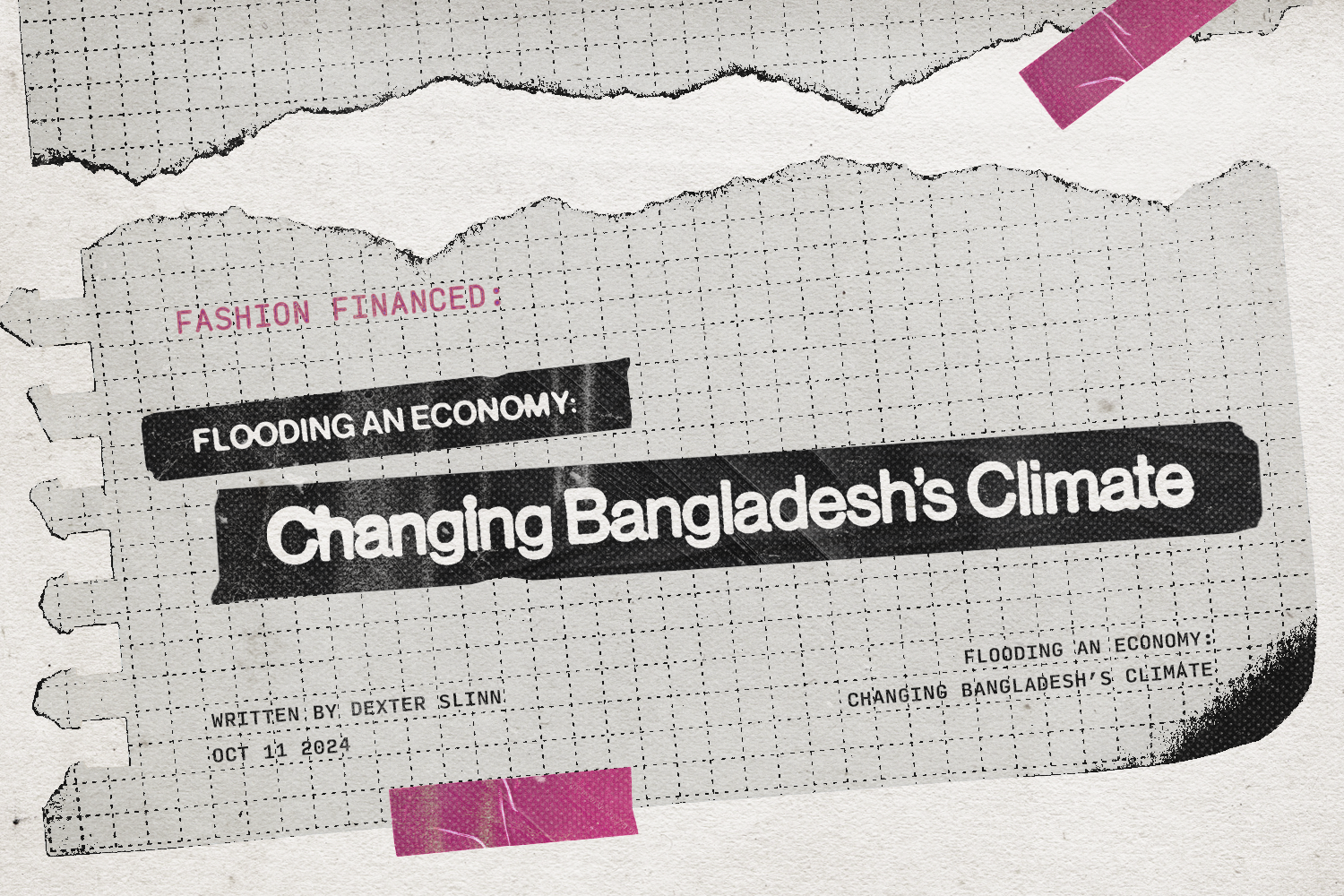While global climate change is causing inclement weather and unpredictable storms, one country is feeling the economic effects heavily. Bangladesh was just recently under severe flooding, causing many affiliated with manufacturing and supply with the country’s many factories to take pause and reconsider their contracts.
Bangladesh is a global production center, with its knitwear and shirts being key to its national exports. Many production companies will go to Bangladeshi factories for their knit t-shirt assortments because of that national reputation, however with the weather disruptions many are reconsidering their decisions.
This is not the first issue that has faced Bangladesh, they have been in the news for many years on matters ranging from worker exploitation to tragedies like the Rana Plaza Disaster. Public sentiment has been pushing to pull out of Bangladesh for a while now if conditions do not improve, but climate disruptions may be what causes real change in supply chains.
As one of the largest clothing producers in the world, Bangladesh is not going anywhere, but we must implement change. While many will celebrate workers no longer being exploited by Western companies, we need to consider the ramifications of what losing that would do to their economy. Their 2021 GDP was $368 billion USD, $46 billion being exports, and 82% of their exports being garments. Pair that with one-third of their industrial production capacity dedicated to garment production, it is an indispensable part of their domestic and international footprint. Losing 82% of their exports would cripple the Bangladesh economy, and cause even more problems than are already being exacerbated by global issues.
The right thing to do is invest in Bangladesh by fighting for the workers to have a fair wage and working conditions. Producers of our garments should not have to suffer for our prices. Many economists have been worried about this for long-term growth, but in other countries that had a boost from garment manufacturing, they used that as a stepping stone to enter more advanced industries. Looking at China or Thailand as an example, they have leveraged labor, technological advancements, and manufacturing power, to quickly establish advanced industries like electronics manufacturing using their industrial settings.
Climate change is a symptom of broader issues, while it affects short-term exports, the ripple effect affects the entire supply chain. Pushing production sites to Pakistan or Vietnam may be a short-term fix but in the long term what will production companies decide? Pair this with ongoing worker protests, garment production has already fallen by 50%.
Companies are already reconsidering the risk of operating in Bangladesh, and we cannot stand by and let the workers lose their livelihood as a result of them wanting better standards of living. Fighting for them and dedicating the support that they need to take charge is the minimum we as consumers can do, and with our help, there may be a future in which Bangladesh is a titan of technical industry.
Words by Dexter Slinn
Graphics by Aubrey Lauer

